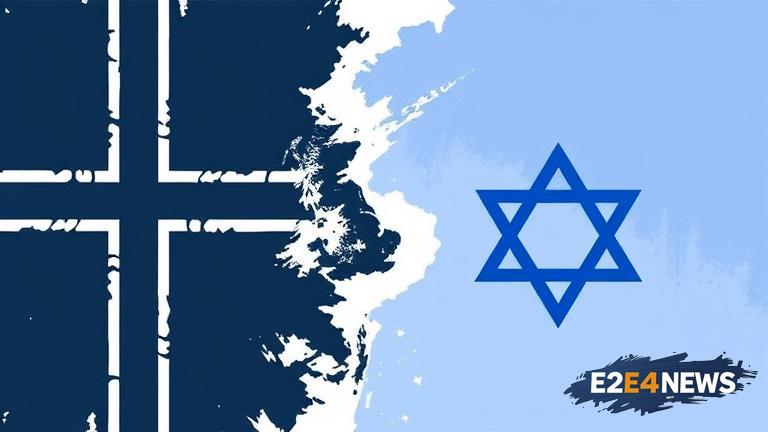Norway’s sovereign wealth fund, one of the largest in the world, has made a significant decision to divest from several companies, including Caterpillar and multiple Israeli banks. This move comes after an extensive review of the fund’s investments and a thorough assessment of the companies’ involvement in human rights violations and occupied territories. The decision to drop Caterpillar, a leading manufacturer of heavy machinery, is largely due to its supply of equipment used in the construction of settlements in the occupied West Bank. The fund’s council on ethics has been scrutinizing Caterpillar’s activities for several years, and the company’s failure to address these concerns has ultimately led to its exclusion from the fund’s portfolio. Similarly, several Israeli banks have been divested from due to their involvement in financing settlement construction and other activities in occupied territories. The banks in question have been accused of providing financial services that support the expansion of Israeli settlements, which is deemed a violation of international law. Norway’s sovereign wealth fund has a long history of prioritizing ethical considerations in its investment decisions, and this move is seen as a significant step towards upholding human rights and promoting responsible business practices. The fund’s manager has stated that the decision to divest from these companies is not taken lightly and is based on a thorough evaluation of the potential risks and consequences. The move is expected to have a significant impact on the companies involved, as well as the broader investment community. It is likely to spark a renewed debate about the role of ethics in investment decisions and the responsibility of investors to consider the human rights implications of their investments. The decision has been welcomed by human rights organizations and advocacy groups, who have long been critical of the companies’ activities in occupied territories. However, it is also likely to face criticism from some quarters, with some arguing that the move is politically motivated or that it will have unintended consequences. Despite these potential criticisms, Norway’s sovereign wealth fund remains committed to its principles of responsible investment and will continue to prioritize ethical considerations in its decision-making process. The fund’s manager has emphasized that the decision to divest from these companies is not a reflection on the companies’ financial performance, but rather a response to the ethical concerns surrounding their activities. The move is seen as a significant step towards promoting greater transparency and accountability in the investment community, and it is likely to have far-reaching implications for companies operating in occupied territories. As the investment community continues to grapple with the complexities of ethical investing, Norway’s sovereign wealth fund is setting a powerful example of the importance of prioritizing human rights and responsible business practices. The decision to divest from Caterpillar and Israeli banks is a clear indication that the fund is committed to upholding the highest standards of ethical investing, and it is likely to inspire other investors to follow suit. In conclusion, Norway’s sovereign wealth fund has made a significant decision to divest from several companies due to human rights concerns and involvement in occupied territories. The move is a powerful statement about the importance of prioritizing ethics in investment decisions and is likely to have far-reaching implications for the investment community. As the world continues to grapple with the complexities of human rights and responsible business practices, Norway’s sovereign wealth fund is setting a powerful example of the importance of prioritizing ethics and transparency in investment decisions.
